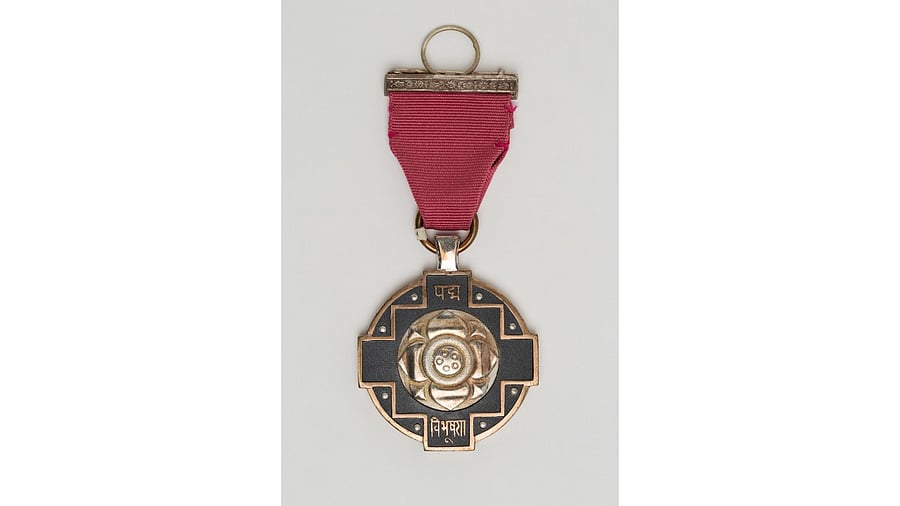
The Padma awards have frequently generated controversy, especially in recent years. The main criticism has been that they have been given to undeserving persons or that deserving persons are left out. It is not without basis. Political, personal and other considerations have weighed with governments in the selections. No government has been able to resist that temptation. Politics has influenced the choice of persons even in areas like the arts. Politicians have also got unfair and excessive representation in the awards list and have often been conferred the higher categories of the awards. Two eminent artists — percussionist Anindya Chatterjee and musician Sandhya Mukherjee — have rejected this year’s awards as they think they should have got them much earlier. No list has been free of criticism in any year, though many of the government’s choices have been received well in the past.
It would be difficult to find fault with the selection of many of the 128 persons who were awarded this year. Scientists, doctors, social workers, artists, sportspersons and businessmen have found a place in the list, along with some who played key roles in the country’s fight against Covid, like vaccine-makers and health administrators. But the eye on politics is clear. Questions have been raised about the inclusion of Sundar Pichai, CEO of Alphabet, and Satya Nadella, CEO of Microsoft, who have not made any direct contribution to the country. The explanation is that their positions at the head of world-class companies attest to India’s high managerial talent. But honouring Kalyan Singh, who was the Chief Minister of UP when Babri Masjid was demolished, sends out a brazen political message, especially when the state is heading for elections. The award for Gen Bipin Rawat, who was seen as being close to the government and the ruling party, has also raised eyebrows.
But the most controversial choices were Congress leader Ghulam Nabi Azad and former Bengal CM Buddhadeb Bhattacharya. Bhattacharya has rejected it, in keeping with the CPM’s policy and precedents. But the award for Azad has greater mischief in it, especially because he is seen as a rebel in the Congress party and has not rejected it. It may have been meant to create disquiet within Congress and alienate Azad further from it. Governments have honoured Opposition leaders in the past and they have earned praise for that. But the politics behind the award for Azad is cynical and the honour is meant more to hurt than to honour.
